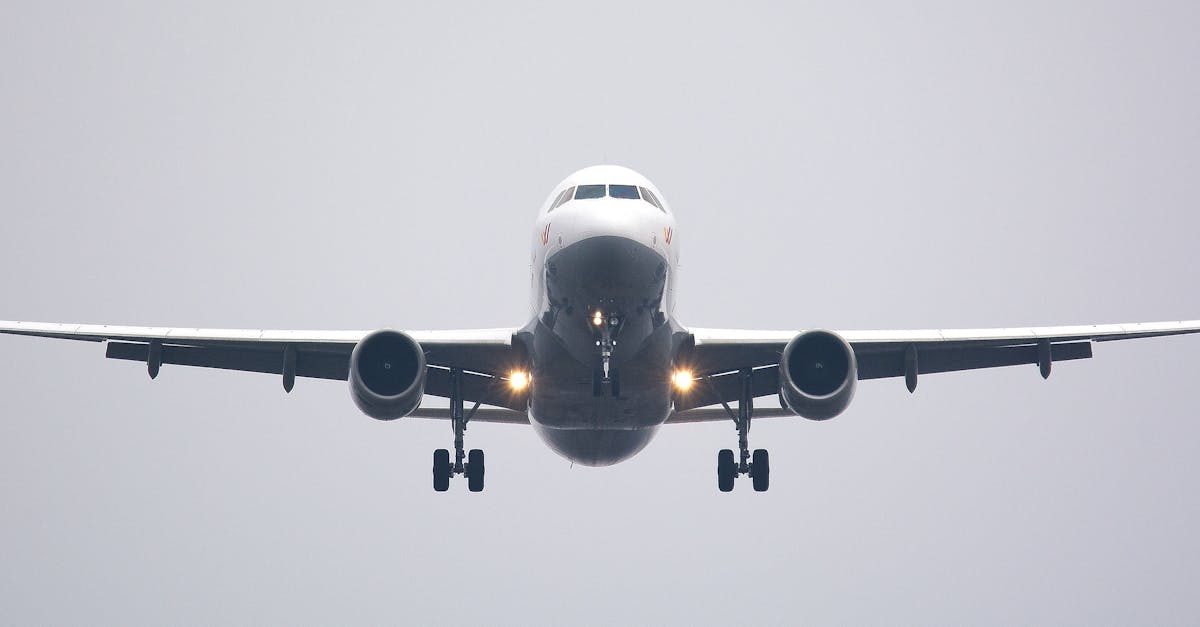The ongoing U.S. government shutdown is causing significant disruptions to air travel, with a 10% reduction in air traffic planned for 40 high-volume markets, according to the Associated Press. This decision, announced by the Federal Aviation Administration (FAA), aims to maintain safety as air traffic controllers experience increased strain. This reduction is scheduled to begin Friday morning and will likely impact thousands of flights nationwide, affecting many travelers, including those planning to visit or leave Hawaii.
The implications for Hawaii's tourism industry are substantial. Reduced air traffic capacity can lead to flight delays, cancellations, and increased ticket prices, deterring potential visitors. Hawaii relies heavily on air travel to bring tourists, and any disruption to this flow can have cascading effects on hotels, restaurants, activity providers, and retail businesses throughout the islands. This comes at a time when the tourism sector is showing signs of recovery, and further setbacks could stall growth.
The Globe and Mail also notes that the government shutdown is the longest in U.S. history, compounding the issues. Staffing shortages within air traffic control facilities worsen these problems, leading to broader flight delays. The FAA's decision to cut back on air traffic is a direct response to these pressures. Airlines may need to adjust their schedules and potentially reduce the number of flights to and from Hawaii to cope.
For Hawaii's entrepreneurs and business owners, this situation warrants proactive planning. Travel-related businesses should communicate clearly with customers about potential disruptions, offer flexible booking options, and explore strategies to mitigate losses. Investors should carefully assess the risks associated with tourism-dependent ventures. While the full impact remains to be seen, the current air traffic cuts underscore the need for resilience and adaptability in the face of external economic and political forces impacting the Hawaiian economy. The U.S. News & World Report also highlights the growing air traffic controller shortage as a contributing factor to the flight delays.



